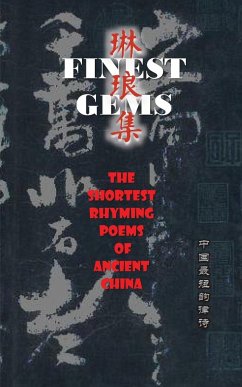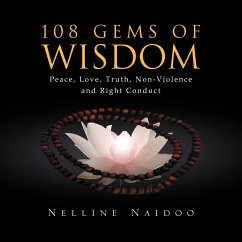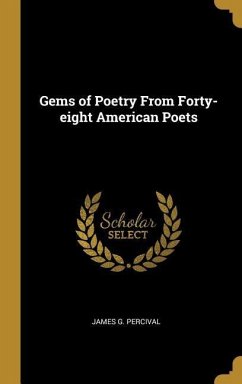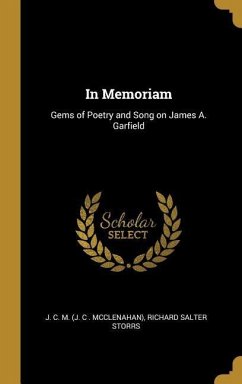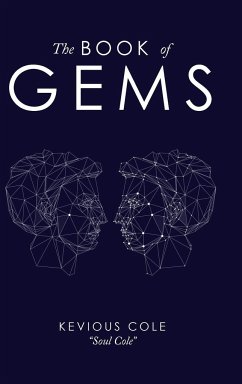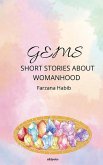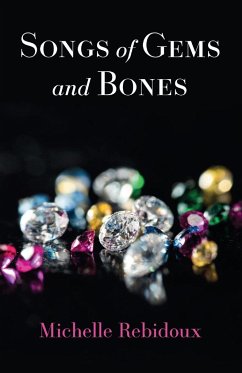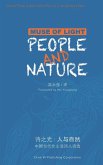We can understand a people best through their poetry. The Chinese, who have written poetry since the beginning of time, have always regarded poetry as the finest flower of their culture. If we start with the two Chinese pagoda poems translated by George Puttenham in Arte of Poesie in 1589, classical Chinese poetry has been translated for more than 400 years. Since then, the "flowers of culture" translated by James Legge, Hebert Gelis, Arthur Waley, Ezra Pound, Burton Watson, David Hendon Hinton, and other poetry translators, have bloomed in foreign lands. Since the outbreak of the COVID-19 virus in late 2019, countries have closed their doors to prevent the spread of the virus. In the ennui of the continuous blockade and isolation, peoples' spiritual needs began growing day by day. The convenience of the Internet gave birth to instantaneous communication over any distance to people all over the world. During this period, Chinese culture repeatedly captured overseas interest on a global scale, and classical poetry was no exception. At the end of 2021, Elon Musk, the richest man in the world, posted Cao Zhi's "A Poem Composed in Seven Paces" on his social media platform. There are different interpretations of his motivations, but facts are facts: we can see that Chinese classical poetry is spreading more and more widely abroad, and its acceptance is also increasing. As lovers of poetry and translation, we naturally wanted to contribute to the translation of classical Chinese poetry through Finest Gems: The Shortest Rhyming Poems of Ancient China. "¿¿(lín láng)" is a part of the Chinese name of our work. It means pieces of glittering jade, as the classical Chinese poems in this collection are all short and precise, which is actually the scope of our original selection: First of all, the selected original poems needed to have a certain classic feeling, something that could be remembered once heard; secondly, they had to be short: within five words and four sentences, which could be regarded as the shortest poems in the Chinese library of poetry. In addition, we only included poems translated into English by contemporary Chinese translators. Works of deceased translators are not within our book. The included poems are not limited to translation strategies and methods, but were translated by rhyme, emotion, or any other method that delivered the essence of the poems. In this way, we could present the most flexible oriental poetry in the shortest possible space. After only two months of receiving manuscripts, the book includes 97 translations of 57 poems from 25 translators, covering seven Chinese dynasties from Wei and Jin to Ming and Qing dynasties. Among them are Cao Zhi's "A Poem Composed in Seven Paces" and other well-known poems such as Yu Shinan's "Ode to the Wind". There are both rhyming translations, and loosely rhyming translations. In this way, our readers can compare the elegant styles of different translations and appreciate from different aspects the brilliance of these lín láng (pieces of glittering jades). The planning, solicitation and publication of "Finest Gems" cannot be separated from the Orient-Occident Lit Collection series planned by Chao Bai of Bright Nova Media or Brent Yan, the Chief Editor of the department. With Brent's excellent translating prowess and his guiding hand, the English version of "Alas, How I've Pined Waiting for You", the shortest and earliest love poem in China, was brought into our world. It is among the finest of our "gems", as it puts a finishing stroke on our book. In addition, Jiang Guohui and Luo Mengqiu, the two deputy editors, have given it their all to edit our book.
Hinweis: Dieser Artikel kann nur an eine deutsche Lieferadresse ausgeliefert werden.
Hinweis: Dieser Artikel kann nur an eine deutsche Lieferadresse ausgeliefert werden.

